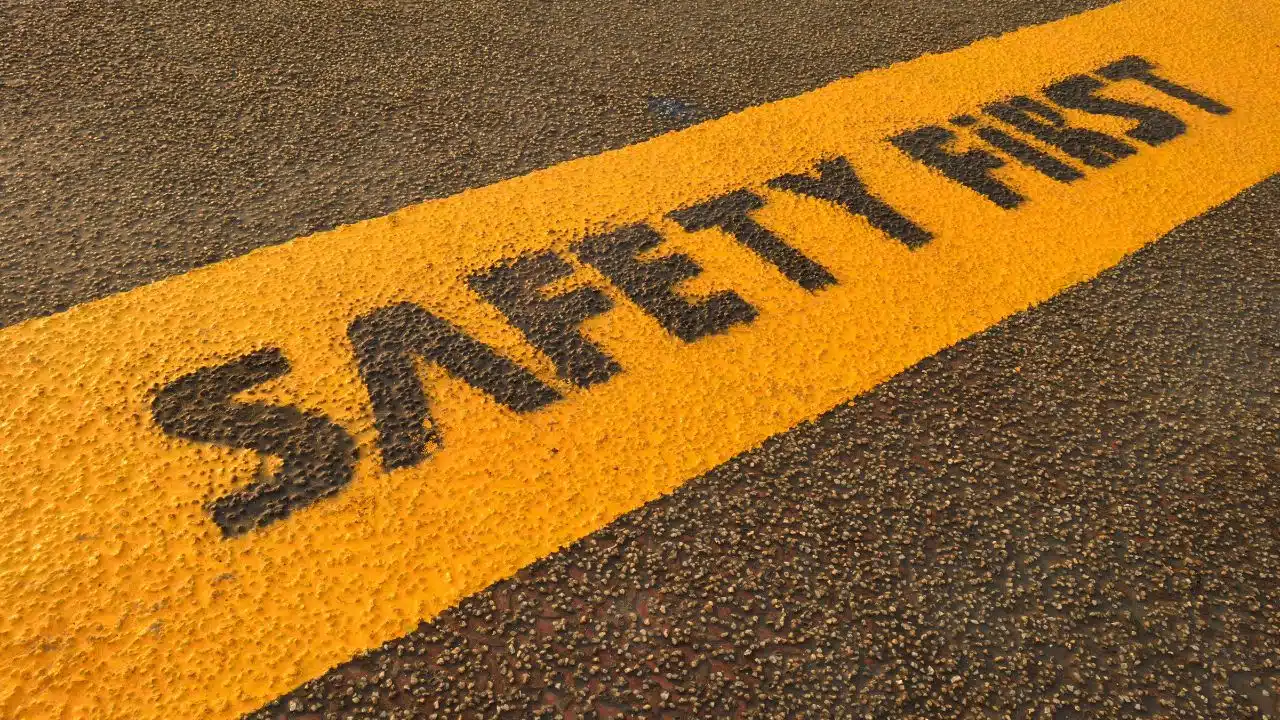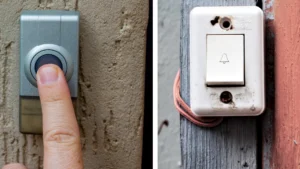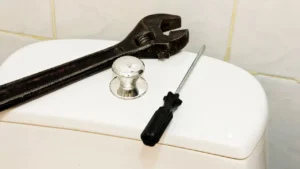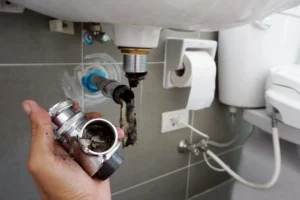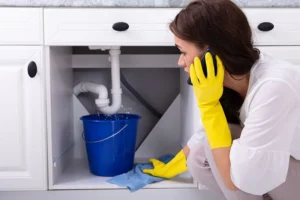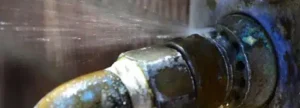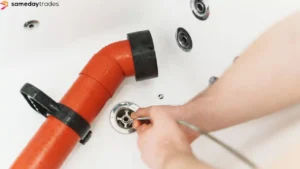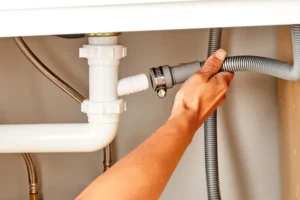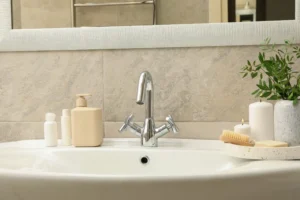There are a few things in life you really don’t want to mess around with—gas and plumbing are two of them. If either one decides to fail, it usually doesn’t whisper politely. It shouts. It floods your kitchen, ruins your morning shower, or, in worse cases, makes your house smell like something out of a science experiment gone wrong.
Whether you live in a cozy beachside unit in Glenelg or a weathered brick house in the northern suburbs, having a handle on gas and plumbing safety is essential for every Adelaide household. This guide breaks it all down—simple, practical, no scare tactics—just the stuff you actually need to know.
Why Should Adelaide Homes Prioritize Gas and Plumbing Safety?
Because things go wrong—and often at the worst time. A blocked drain can turn your bathroom into a small swamp. A faulty gas heater can cause headaches (literally). The good news? Most of these issues are preventable if you catch the signs early and take basic precautions.
Adelaide’s changing seasons—hot summers, chilly winters, and sudden rainstorms—place added stress on home systems. So being proactive with gas and plumbing doesn’t just keep your home in working order—it also helps avoid costly damage.
Understanding the Basics: Your Gas System Isn’t a Mystery
Know the Smell of Trouble
Let’s start with gas. Natural gas is odorless. But a harmless chemical is added to give it that strong rotten egg smell. Why? So if there’s a leak, your nose picks it up first. If that smell ever drifts into your home, don’t brush it off. Open your windows, avoid flipping any switches, and get out before calling a professional.
Need a refresher on how your gas setup works? Here’s a helpful article explaining how the gas system works in your home.
Maintain Your Appliances—Your Heater Won’t Service Itself
Gas appliances should be checked at least once a year. We know adding “inspect water heater” to your to-do list sounds as exciting as watching paint dry. But it matters. Heaters, stoves, and gas hot water systems can all develop leaks or wear over time. A small service today can prevent a dangerous situation tomorrow.
You might want to check out these safety tips for heaters if you haven’t inspected yours in a while.
Install a Carbon Monoxide Alarm
It’s not a luxury—it’s a necessity. Carbon monoxide is odorless, invisible, and harmful. Alarms are inexpensive, and installing one near your bedrooms or living areas can save lives.
Common Gas Hazards and What to Do
If you notice:
- A hissing sound near gas lines
- The “rotten egg” smell
- A yellow flame instead of a blue one
- Frequent headaches or nausea at home
Don’t second-guess it. Turn off your gas if you know how, leave the building, and call a licensed gas plumber in Adelaide.
You can also read up on signs that you need a gas plumber to inspect your home.
Plumbing Issues Don’t Just Fix Themselves
A dripping tap might not seem like a big deal. But plumbing issues—especially ones hiding out of sight—can lead to water damage, mold, and inflated water bills.
Know Where the Main Shut-Off Valve Is
If a pipe bursts and you don’t know where the water shut-off valve is, you’re in trouble. Locate it before you need it. It’s usually near the water meter. Label it clearly and show everyone in your household.
Take Drain Issues Seriously
Let’s say you’ve got a drain that’s slow to clear. It’s tempting to ignore it and hope it clears on its own. Spoiler: it won’t. Hair, grease, and soap scum build up over time and can lead to blockages, odors, or worse—overflow.
For tips, check this detailed guide on how to unblock a drain. It walks through natural remedies, basic tools, and when it’s time to call someone in.
Also, if you’re curious, these are the top causes of blocked drains—some of them may surprise you (like tree roots).
Don’t Put Weird Stuff Down the Drain
If it’s not water, toilet paper, or soap, think twice before flushing or draining it. Coffee grounds, sanitary items, oils, and wipes (even “flushable” ones)—all of these contribute to clogged pipes.
Plumbing Safety Tips That Actually Help
- Monitor your water pressure: High water pressure might feel luxurious, but it wears down pipes. Learn how high water pressure affects plumbing systems.
- Fix leaks promptly. That tiny drip? It’s not harmless. It can waste hundreds of liters a year and increase your bill.
- Insulate pipes in winter: Adelaide doesn’t get arctic cold, but pipes can still freeze and burst during colder nights in the hills.
- Clean your gutters: It’s technically outside plumbing. Clogged gutters can lead to water entering roof cavities, which then floods into living areas.
When It’s Time to Call in the Pros
Not everything needs a professional. You can clear a minor drain blockage or replace a washer yourself. But some jobs demand expertise—and skipping professional help can create a bigger mess.
If you notice water pooling, leaks in the ceiling, or unusual gurgling sounds in your walls, it’s time to get help. There are plumbing services in Adelaide that can handle inspection, repairs, and replacements.
And if you’re unsure who to trust, start with a licensed provider that offers upfront pricing and same-day service. It’s not just about fixing a leak—it’s about getting it done right the first time.
Emergency Situations: Quick Checklist
| Problem | First Step | Who to Call |
|---|---|---|
| Gas Leak | Evacuate, ventilate, turn off supply | Licensed gas plumber |
| Burst Pipe | Shut off main valve | Emergency plumber |
| Blocked Drain | Try boiling water and baking soda | Call a drain expert if unresolved |
| No Hot Water | Check pilot light (gas systems) | Plumber or gas technician |
Maintenance Is Better Than Cleanup
Every year, set a reminder to:
- Have gas appliances checked.
- Inspect visible pipes for leaks.
- Clean drains and test water flow.
- Check CO and smoke detectors.
- Review your emergency contacts list.
Routine checkups are far cheaper than emergency call-outs or property damage repairs. You don’t wait until your car engine explodes to get an oil change—the same logic applies here.
Don’t Forget Outdoor Systems
If you’ve got outdoor plumbing, like a garden tap or rainwater tank, give it a once-over each season. Winter frost or summer UV exposure can crack fittings. And if your garden smells like sewage, you may have a pipe issue underground.
We also recommend looking into how tree roots damage underground pipes. It’s more common than you’d think in older Adelaide suburbs.
Final Word: It’s Not About Fear—It’s About Confidence
Gas and plumbing issues don’t have to be scary. Once you know what to look for and how to respond, the fear factor goes away. What you’re left with is a safer, smarter household that runs efficiently and keeps your family comfortable.
Whether you’re dealing with a gurgling drain, a gas appliance that’s acting strange, or a leaky pipe behind the wall—start with small steps. Fix what you can. Know when to call someone. And above all, don’t ignore warning signs.
After all, your home isn’t just four walls and a roof—it’s the hot shower after a long day, the family dinner on the stove, and the comfort of knowing everything works like it should.

